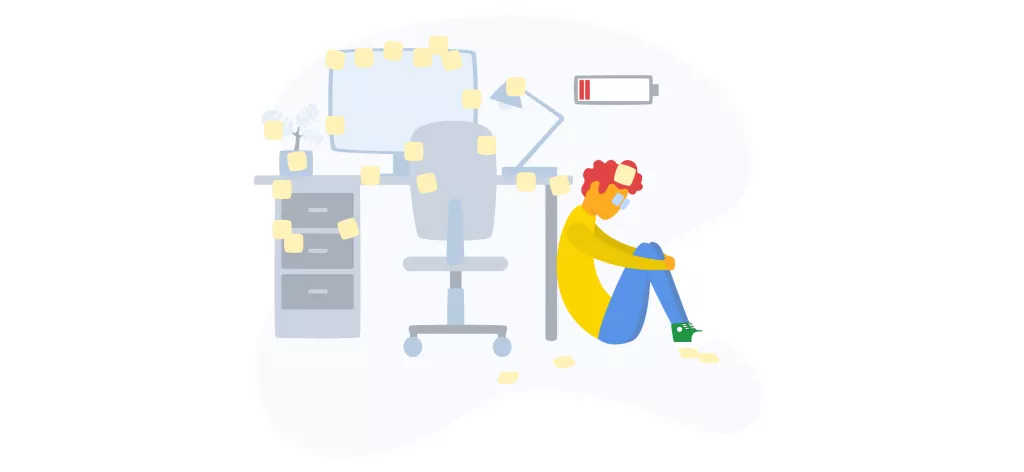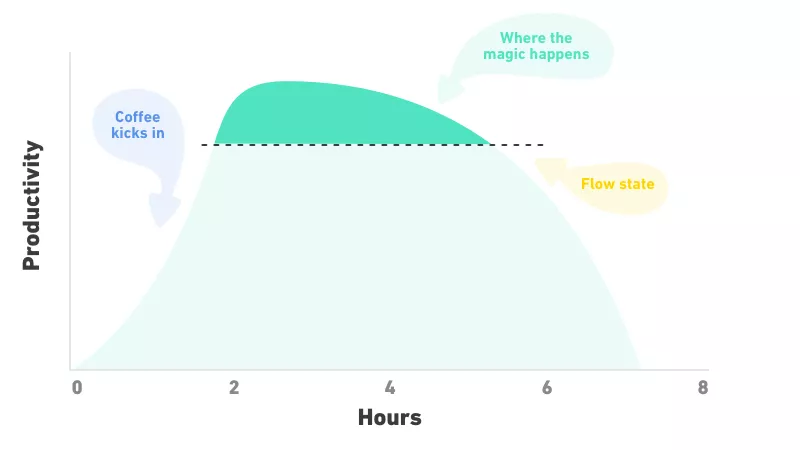Is Overtime Killing your Agency Business?

We Help Your Agency Reach New Heights
Switch from multiple tools and spreadsheets to one scalable agency management system.
Just like in life, there are no shortcuts in the business world.
In other words, having your employees work longer hours will not necessarily get the project completed faster or more effectively. Of course, it’s probably okay if your employees work overtime every once in a while. However, if they are working extra hours every day, it’s time to rethink your strategy and make some changes.
There will always be more work, more customers and more projects that need to be completed. To deal with this challenge, you may be tempted to ask your team to work longer hours. Think paying your employees extra wages for working overtime will boost their satisfaction? Not true.
Keep this in mind: When you expect your team to work overtime, it will eventually lead to increased employee stress, more sick days and higher turnover rates. In other words, overtime creates an unhealthy workplace culture.
Overtime is a risky business
If you think your employees will accomplish more work by working extra hours, think again.
Psychologists have found that the human brain can’t focus on tasks for more than a few hours at a time. The average employee works for about three hours over the course of an eight-hour workday. In other words, if you ask your employees to work overtime, your agency is essentially paying more for less productivity.
K. ANders Ericsson
Toward the end of the day, performance begins to flatline or even worsen.
Even worse, overtime leads to unsatisfied employees. These disgruntled workers tend to look for another solution and will eventually leave the stressful job.
According to another study, 41% of PR employees work 49 to 79 hours a week. To make matters worse, 84% have to take work-related calls or respond to emails during out of office hours. What’s the result of all these overtime hours? One in five of these employees quit their job every year. (Source: PRWeek)

Research conducted by the University College London and the Finnish Institute of Occupational Health found that people who worked three hours or more than an average seven-hour workday carried a 60% higher risk of developing heart disease.
What’s the alternative?
Improve your resource planning
If you want to avoid overtime and prevent burnout, it’s important to focus on planning. Resource planning is essential for every agency. It allows you to determine who’s overbooked, who can take on more work and who’s on vacation or sick leave. How can you quickly and effectively accomplish this resource planning? Tap into a scheduling tool, like Productive, to gain insight into what’s going on in your agency.
Far too often, companies often try to squeeze a six-month project into a three-month timeline. This is why it’s critical to plan in advance and create a realistic project assumption. Keep in mind, this plan is not written in the stone. If changes occur with the project (and there will always be some changes along the way, such as sick leave, holidays, unexpected problems, etc.), revisit your plan. For instance, you could dedicate a couple of hours each Monday to walk through the project plan and revamp it if necessary.
If you don’t dedicate enough time to project management and resource planning, it is more likely that your employees will have to meet unrealistic deadlines—which means they’ll end up working overtime.
Turn to outside help
Still, have too many tasks to accomplish in-house? Hire a few freelancers. Contract workers don’t require overtime wages, and their productivity levels aren’t affected by a full day of work at your agency.
This reminds me of the Football World Cup, which took place a few months ago. After running for 85 minutes in the game, players become exhausted and unfocused. If the score is tight, the coach will pull out a tired player and replace him with a fresh football player for the last few minutes of the game. Not only does this give the exhausted player some relief, but it could result in a win. That’s because the new player is fresh, full of energy and excited about the game. It’s the same for contract workers. They are fresh, energetic and ready to give it their best.

Overtime is not sustainable
Why do agencies rely on overtime when it’s not a sustainable solution? More than likely, these agencies are not measuring results. If an employee is working extra hours and looks busy, it doesn’t necessarily mean she is working effectively and productively. This is why it’s critical to define the KPIs (Key Performance Indicators) for each employee.
How to know this?
In our experience, we have seen many clients who were not spending enough time planning or properly measuring results. As soon as these clients started scheduling and measuring results through Productive, they saw a significant upward shift in employee satisfaction.
The bottom line is this: An agency cannot be efficient without a good scheduling tool. The right tool can allow you to effectively schedule tasks because it helps you understand important details—like who is sick, who is on a vacay or on how many projects each employee is currently working on.
Our scheduling tool also offers insight into which employees are working overtime, and you can easily calculate the overtime average for your agency.
With Productive, you will know exactly who works on what and for how long. With this valuable information, you can more effectively distribute the workload, prevent burnout and boost employee satisfaction.



